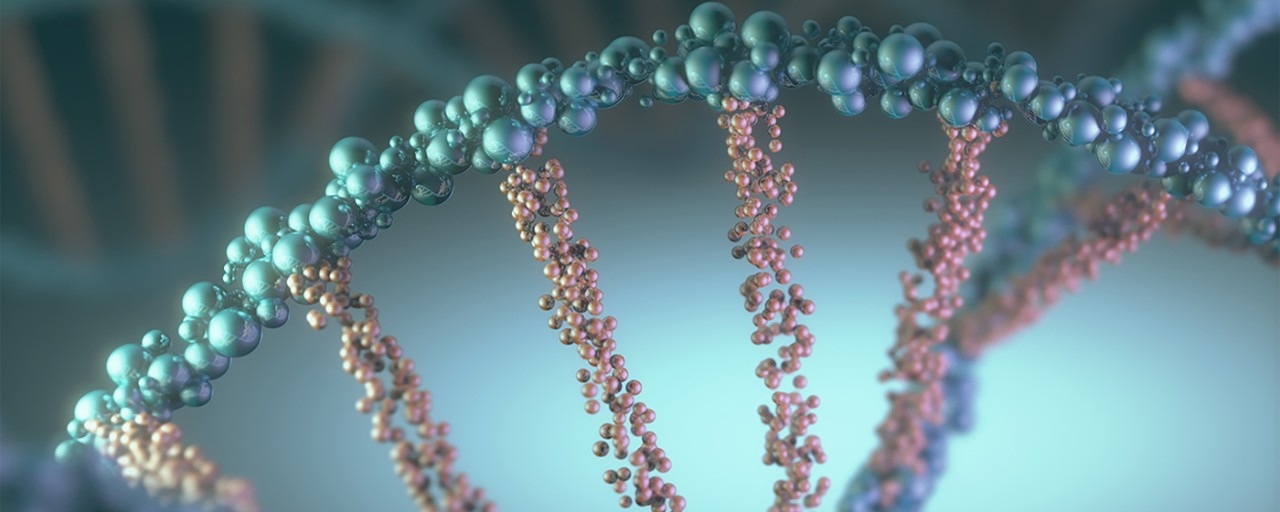
Linghua Wang Laboratory
Linghua Wang, Ph.D.
Principal Investigator
- Departments, Labs and Institutes
- Labs
- Linghua Wang Laboratory
Areas of Research
- Cancer Genomics
- Tumor Heterogeneity
- Tumor Microenvironment
- Computational Biology
The Wang Laboratory at MD Anderson Cancer Center is a leading computational biology research lab dedicated to advancing cancer research through innovative bioinformatics and collaborative team science. We leverage cutting-edge single-cell and spatial omics technologies, high-plex cellular, molecular, and tissue imaging, combined with the development and application of innovative bioinformatics tools to unravel cancer complexity. Our work aims to address key questions in tumor biology, immunology and immunotherapy, including the cellular and molecular mechanisms underlying tumor development, progression and therapy response, ultimately driving transformative discoveries and accelerating their translation into tangible benefits for patients at MD Anderson and beyond.
Our group specializes in deep profiling of complex tumor ecosystems across space and time, focusing on the high-resolution characterization of cellular and molecular heterogeneity within cancer cells and the diverse cell populations in the tumor microenvironment (TME). We investigate their transcriptomic states, phenotypic plasticity, spatial organization patterns and interactions between cancer cells and the TME during tumor development, progression, therapy response and resistance.
Specifically, our translational interests include:
- Early Tumor Development: Identifying the earliest events that drive tumor progression from precursor diseases, uncovering high-potential biomarkers, and developing predictive models for disease progression and risk assessment, and identifying therapeutic vulnerabilities and key targets to accelerate the development of effective prevention and interception strategies.
- Therapy Resistance: Investigating tumor cell-intrinsic and microenvironmental factors that influence tumor response to anti-cancer therapies, identifying signatures and developing models to predict patient response before treatment, and identifying novel targets for the development of effective combination therapies.
- Minimal Residual Disease (MRD): Characterizing cancer cells and the tumor microenvironment that protects and shelters drug-resistant cells, unraveling the cellular and molecular biology of MRD, and identifying predictive signatures and therapeutic targets for effective intervention.
- Metastasis: Interrogating the cellular and molecular mechanisms driving metastasis, with a focus on cancer evolution, and the interactions and adaptations of cancer cells with diverse immune and stromal cells across different microenvironments at both primary and metastatic sites.
The lab has been continually growing since it started in 2017, and we have built truly collaborative networks and established a team-based approach to translational cancer research. Our group has an outstanding record of research productivity, consistently producing highly innovative work and delivering impactful research that significantly advances the field. Since 2017, the lab has authored over 120 publications, with more than 50 published as first/co-first, senior/co-senior author in high-impact journals.
Our team currently spearheads multiple critical initiatives funded by the National Cancer Institute (NCI), MD Anderson, and several foundations, driving innovation in translational cancer research. The lab is well-funded with grants from the NCI (R01, U01), Cancer Prevention and Research Institute of Texas (CPRIT IIRA), Break Through Cancer (BTC) Foundation and numerous other collaborative grants (e.g., R01, U01, SPORE, DoD, U24, CPRIT).
We’re a happy family! We care, collaborate and share! We’re seeking highly motivated postdoctoral fellows, data scientists, software engineers and graduate students who are passionate about our work and as enthusiastic and ambitious as we are. If you're interested in joining our lab, please send your application to Dr. Wang at LWang22@MDAnderson.org and check this page for more details.
